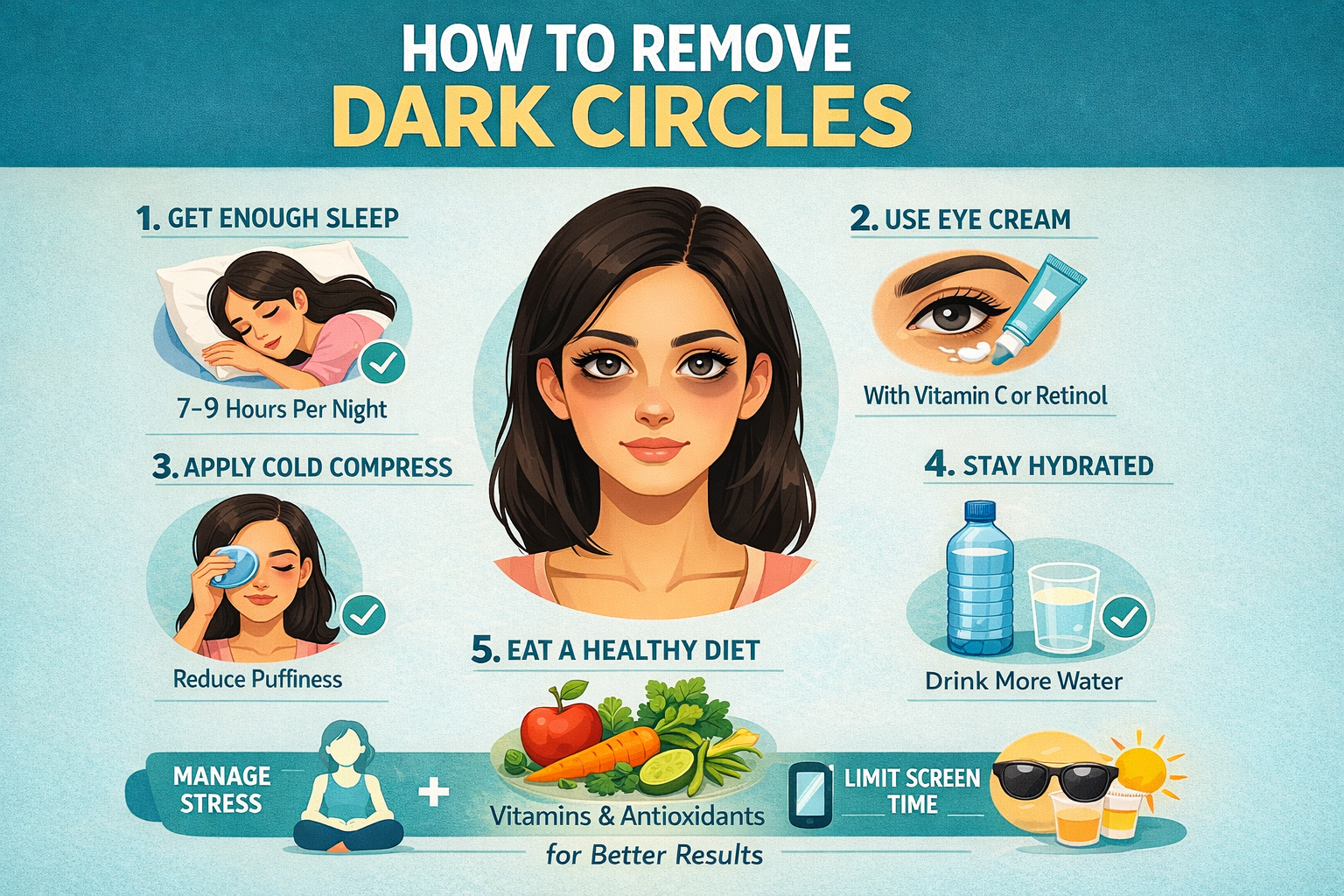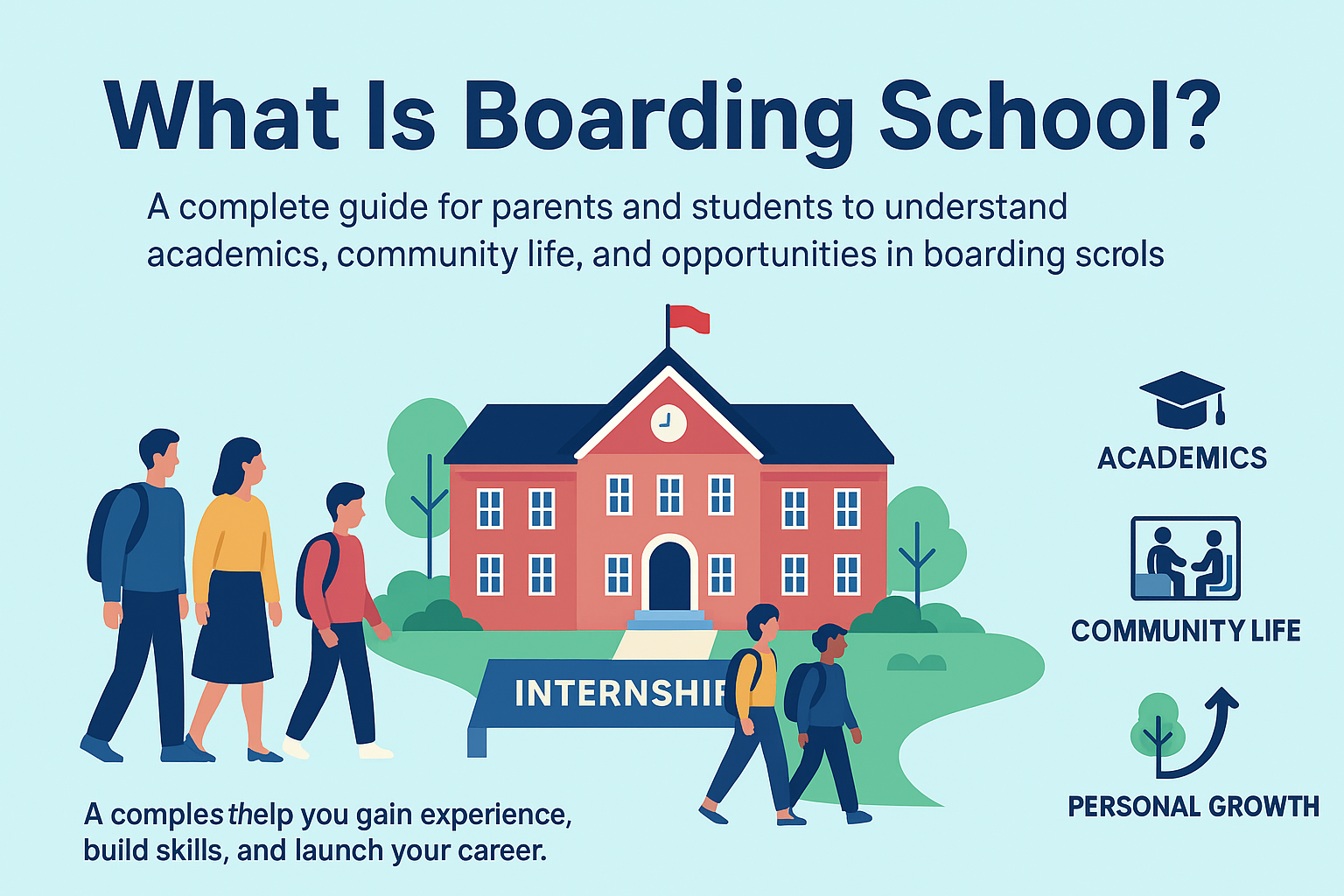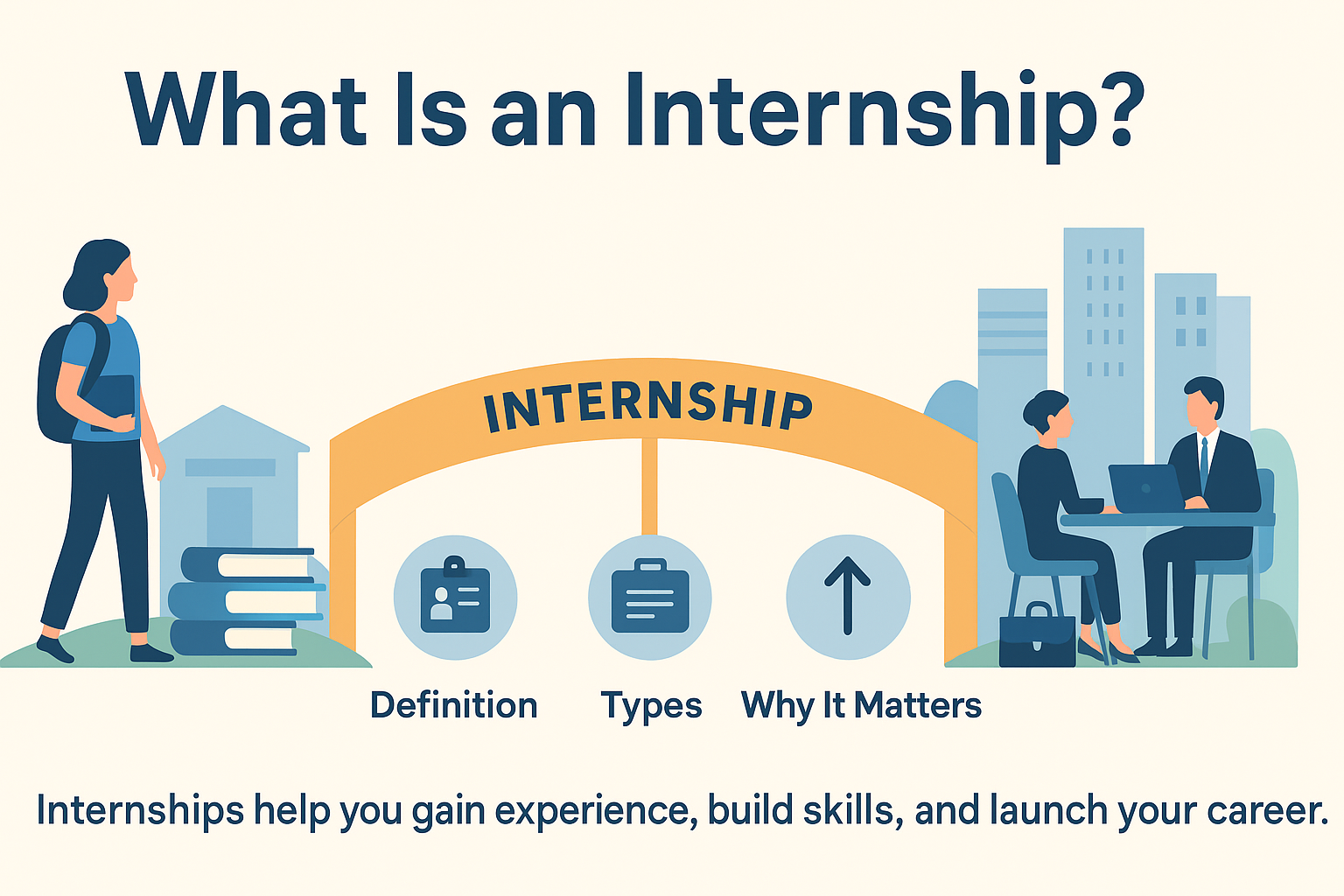If you’ve ever wondered what is boarding school and whether it’s the right choice for your child, you’re not alone. Boarding schools have long been part of global education systems, from the traditional ivy-covered campuses in the UK and US to modern, specialized academies worldwide. While the idea of children living away from home may feel overwhelming, boarding schools often provide structured academics, extracurricular opportunities, and personal growth experiences that traditional day schools may not.
In this guide, we’ll unpack what boarding school really means, the different types available, what life is like for students, and whether it’s the right fit for your family.
What Is Boarding School?
A boarding school is an educational institution where students live on campus during the school term. Unlike day schools, where children return home after classes, boarding students stay in dormitories (also called hostels or residences), typically supervised by house parents, mentors, or resident staff.
This setup is designed not only for academic growth but also for fostering independence, time management, and a strong sense of community.
Types of Boarding Schools
Not all boarding schools are the same. Depending on a family’s goals and a student’s needs, different options exist:
- Traditional Boarding Schools – Offer rigorous academics, extracurriculars, and structured living. Often associated with long-standing traditions.
- College Preparatory Schools – Focus on preparing students for higher education with advanced coursework and university pathways.
- Therapeutic Boarding Schools – Designed for students needing emotional, behavioral, or mental health support, blending academics with therapy.
- Military Boarding Schools – Emphasize discipline, leadership, and physical fitness alongside academics.
- Specialty Boarding Schools – Cater to arts, sports, or STEM-focused students seeking specialized training.
- International Boarding Schools – Bring together students from different cultures, often offering globally recognized curricula like IB (International Baccalaureate).
What Is Boarding School Like? Daily Life Inside
Life at a boarding school typically balances academic rigor with community living. Students follow a structured daily routine that might include:
- Classes during the day (with smaller class sizes than many day schools).
- Sports or arts programs in the afternoons.
- Study halls supervised by teachers or mentors.
- Shared meals in dining halls.
- Dorm life with roommates and house activities.
This immersive environment helps students develop responsibility, teamwork, and social skills. For many, it becomes a second family.
Common Misconception: Is Boarding School Only for “Bad Behavior”?
One myth often circulating is that boarding schools are only for students struggling at home or with behavioral issues. While therapeutic or reform-focused boarding schools do exist, most boarding schools today are academically driven, nurturing spaces where students thrive through opportunity—not punishment.
In fact, families increasingly choose boarding for its strong academic record, international networking, and holistic personal development.
Benefits of Boarding School
So why do parents consider sending their children to a boarding school? The advantages often include:
- High-Quality Education – Many boarding schools offer advanced coursework and excellent college admission rates.
- Global Networking – Students interact with peers from diverse backgrounds.
- Independence & Confidence – Living away from home fosters self-reliance.
- Extracurricular Depth – From sports to arts, boarding schools typically provide more variety and resources.
- Mentorship & Support – Staff members live on campus, offering constant guidance.
Challenges of Boarding School
While boarding schools offer unique advantages, they’re not without challenges:
- Homesickness – Younger students may struggle with being away from family.
- Cost – Boarding tuition can be significantly higher than day schools.
- Pressure – The rigorous environment may feel overwhelming to some students.
- Limited Family Time – Parents and children spend less time together during the term.
Families considering boarding should weigh these realities alongside potential benefits.
Is Boarding School Right for Your Child?
The decision often comes down to personality, family goals, and resources. Boarding school may be a good fit if:
- Your child thrives in structured environments.
- They’re motivated academically or have a clear passion (arts, sports, etc.).
- You want them exposed to global opportunities.
- Your family values independence, discipline, and leadership growth.
If your child struggles with separation anxiety or needs daily family support, a traditional day school may be better suited.
Boarding School vs. Day School
When deciding between the two, consider:
- Cost differences (boarding is usually more expensive).
- Lifestyle preferences (commuting vs. campus living).
- Parental involvement (daily vs. seasonal).
- Learning environment (personalized vs. larger class sizes).
Related Reading
- How Much Do Braces Cost? A Parent’s Guide to Children’s Braces in 2025
- How Long Do Lip Fillers Last — According to Experts
- What Is an Internship? A Complete Student Guide
Final Thoughts
So, what is boarding school? In simple terms, it’s more than just a place to study—it’s a lifestyle. It combines academics with independence, community, and global exposure. While not the right fit for every child, for many students it becomes a transformative experience that shapes their future success both academically and personally.










